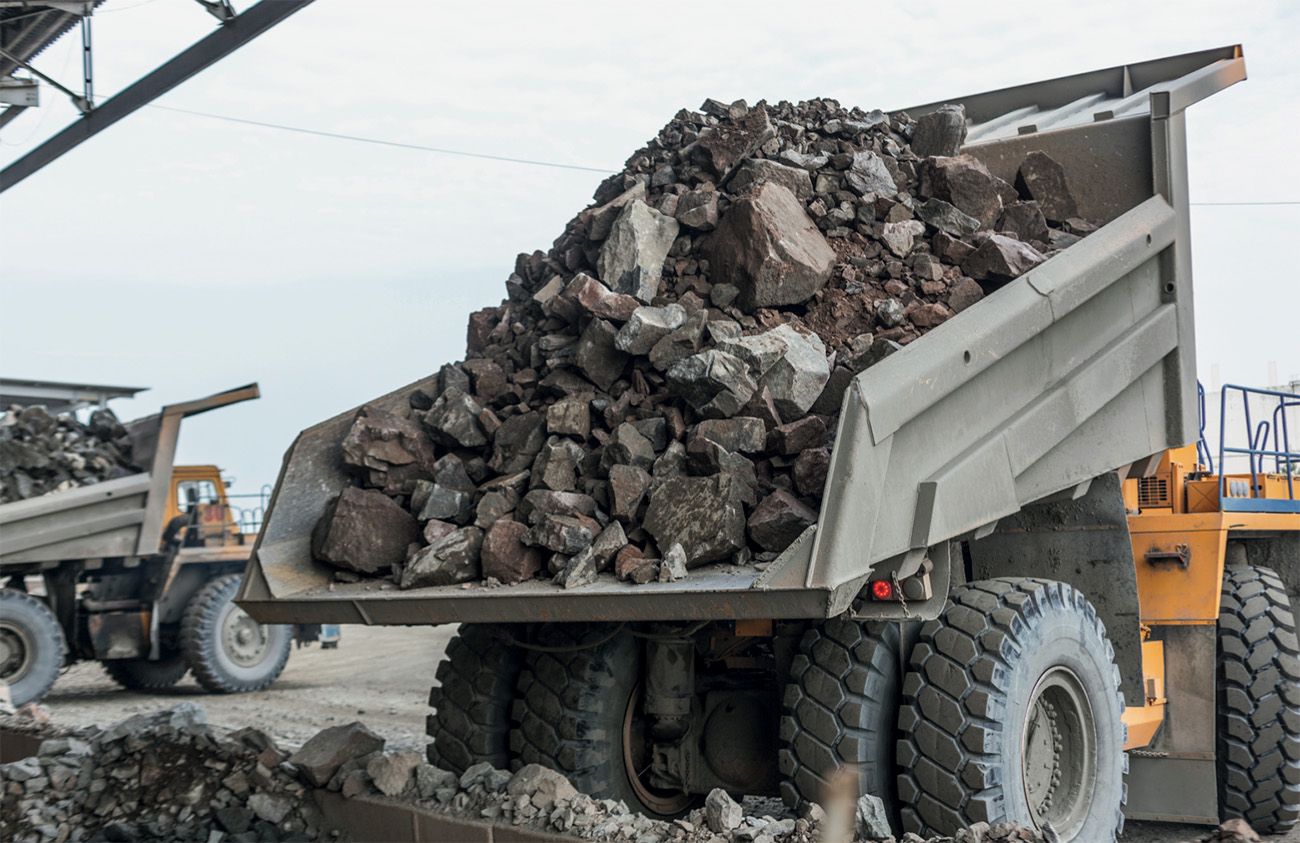From skilled industry practitioner to Kaiako
A project to analyse the current kaiako training and support to identify effective practices in classroom-based tertiary education

Project outputs
See AllThe issue
Quality teaching and leadership are important to high quality VET and requires strong teaching across the education workforce. In response to the Review of VET in New Zealand, we aim to assess the training for industry-skilled professionals becoming kaiako. This project examines support and development models to enhance teaching quality and ākonga outcomes in vocational education.
Intended outcomes
- The common elements of institution-based VET kaiako quality.
- The initial and continual development pathways for institution-based VET kaiako for the NZ construction and infrastructure and food and fibre sectors.
- Relevant and effective development pathways for institution-based VET kaiako in the construction and infrastructure and food and fibre sectors.
The steps
- Step 1: Exploration of current requirements to become a kaiako in Construction and Infrastructure and Food and Fibre sectors, ensuring that graduates that are productive members of the team.
- Step 2: Identify and describe best practice models within training environments that results in industry
- Step 3: Presentation of the research using a systems change approach.
- Step 4: A collated report with all of the above, including identification of gaps and consideration of changes to promote and disseminate good practices.
Collaborator: Food and Fibre CoVE
Project expected delivery date: December 2023
Project Status: Complete
Contract Research Organisation: Skills Consulting
Related projects
Funding of workplace training and work-integrated learning for the construction and infrastructure industries
Funding of workplace training and work-integrated learning for the construction and infrastructure industries
Evaluation of government policy settings for apprentices
Understand the extent to which government apprenticeship policy settings are working

Supporting technical experts to become work-based trainers
Developing and trialing tools and resources that support work-based trainers to improve their practice

VET in schools: towards a model for Year 12 & 13 in New Zealand schools
VET in schools: towards a model for Year 12 & 13 in New Zealand
Degree-level apprenticeship (DLA) comparative pilot
Degree-level apprenticeship pilots
The place of micro-credentials in New Zealand
The place of micro-credentials in New Zealand
Investigating training advisors in work-based learning in the construction and infrastructure sectors
Analysing systemic forces for workforce development alongside

Civil Construction: A requirement for a robust and reliable training pipeline
Providing recommendations to combat the skilled labour shortage
Offsite manufacturing workforce forecast
Forecasting the size of the offsite manufacturing workforce required across the next 5-10 years

Workforce journey indicators data dashboard
A data project to understand how people navigate in and out of the construction workforce
A more effective model of support for Māori Level 4 Carpentry apprentices – reducing the time it takes to get qualified
Using kaupapa Māori interventions to increase the number of qualified Māori builders
Where is the front door? An investigation into the workforce entry points within the Construction and Infrastructure sector
Mapping the multiple entry points into the construction and infrastructure sectors

Environmental competency training
Ascertaining the specific skills required to meet the government’s environmental goals
Framework for Māori in high-skill roles
Understanding skills shortages experienced by Māori firms to support Māori into high-skill roles

Temporary traffic management credentials framework
Informing the development of an improved TTM Credentials Framework

The New Zealand Quarrying Industry’s Possible Futures Toward 2030
Predicting the trends that will impact the quarrying industry to guide quarrying practice
Women’s experiences working in Construction and Infrastructure
Women’s experiences working in Construction and Infrastructure
Skill standards
Good Practice in the Development and Implementation of Skill Standards-Based Qualifications
Neurodiversity
Neurodiversity
Pathways to Successful SMEs
Pathways to Successful SMEs
A Case Study: Cook Brothers Construction Apprentice Academy
A Case Study: Cook Brothers Construction Apprentice Academy

AI Generated Assessment
Using artificial intelligence to create high-quality, engaging, and personalised assessments
A Case Study: Augmented reality in welding training
A Case Study: Augmented reality in welding training
Future workforce skills for Māori and Pasifika owned businesses in construction
Industry Analysis
ConstrucTrend: Vocational Workforce Survey
ConstrucTrend: Vocational Workforce Survey
Co-design guidance for allyship (upstander/ bystander) training
Practical guidance for providers and employers to implement allyship/upstander training in their organisation…
